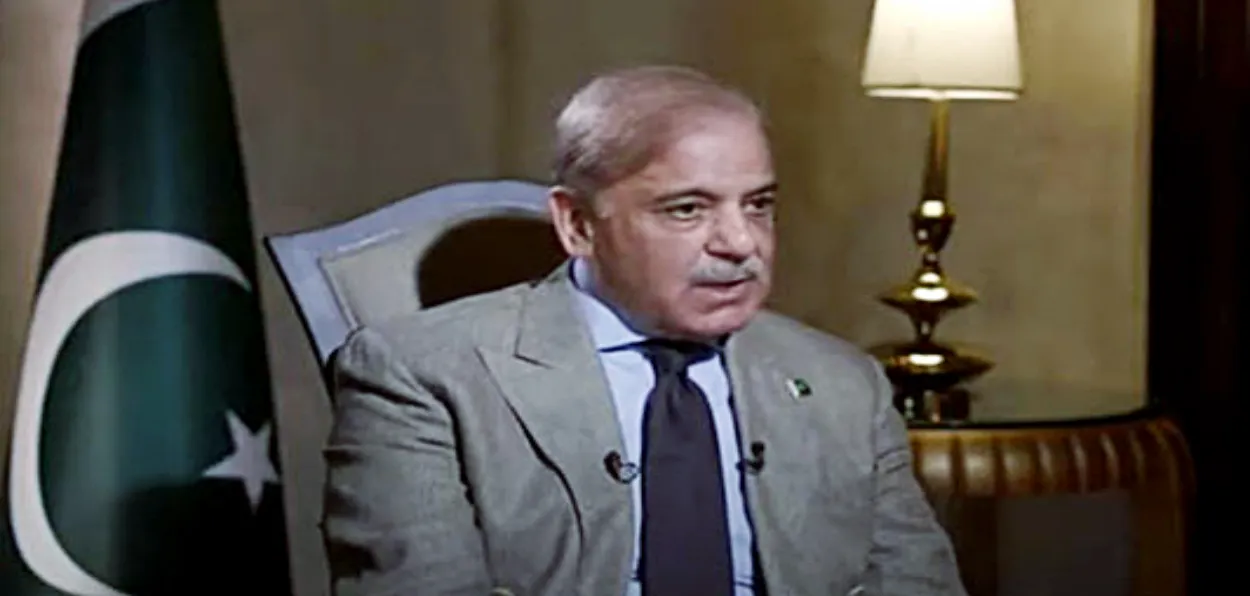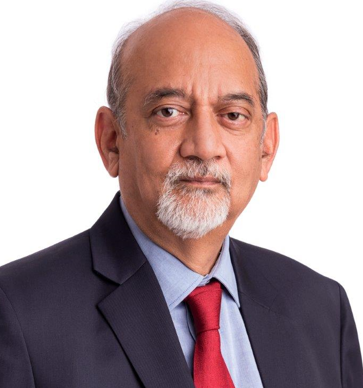
 D. P. Srivastava
D. P. Srivastava
Soon after his election as Pakistan’s Prime Minister for the second term, Shehbaz Sharif stated that his government would approach the International Monetary Fund (IMF) for assistance. Pakistan is currently receiving the 24th IMF assistance package. Approaching it for a fresh loan is a sign of Pakistan’s dire economic situation. In the meantime, Pakistan's jailed former prime minister, Imran Khan has asked the IMF to factor in the country’s ‘political instability’ in any further bailout talks.
According to his lawyer, Ali Zafar, Imran wants the IMF to call for an independent audit of the country’s controversial February 8 national elections before it continues talks with Islamabad. Thus, the economic uncertainty is coupled with a divided polity.
Pakistan’s economic problems are of its making. The country squandered huge resources on the defense budget, which is disproportionate to its security needs. Pakistan started all four wars with India. It’s also at loggerheads with its two Muslim neighbours - Sunni Afghanistan and Shia Iran. In recent months, Pakistan’s military has conducted strikes against both.
The country’s high defense expenditure is coupled with low savings and a low tax base which leaves the rich outside the tax net. Eighty percent of Pakistan’s revenue comes from indirect tax, whose incidence falls disproportionately on the poor.
Pakistan follows a July to June-budget cycle. The current year’s budget was presented in June last year. According to Pakistani media reports, the defense allocation was 12.51% of the total budget of Pakistani Rs. 14.5 trillion. This was a gross understatement. The figures for the defense budget cited did omit a whopping sum of Rs. 563 billion for military pensions. Moreover, the ratio (12.51%) represents the defense budget as a share of the total budget, which also includes the budget of the four provinces.
Defense in all countries, including Pakistan is the responsibility of the Federal government. Out of total tax revenue of Rs. 9.2 trillion, the share of the Federal government is Rs. 6.887 trillion. As a share of the Federal revenues, the defense budget works out to a massive 33.39 %. The military has claimed the largest share of resources at a time when the country’s economy is teetering on the verge of collapse, and people do not have enough to eat. There were food riots last year.
The defense budget of Rs.1.5 trillion exceeds the allocation of all four provinces combined. It dwarfs the development budget of Rs.950 billion. On 9th May last year, the crowds attacked the Lahore Corps Commander’s residence and also entered the Army Headquarters at Rawalpindi. The TV images of people emptying the fridge in the kitchen of the Corps Commander of frozen strawberries and falsas tell a story of desperation. While strawberries may be a luxury item, falsa is a common fruit found in the sub-continent.
Miftah Ismael, the former Finance Minister stated in a TV interview that Pakistan faces the real risk of slipping into a debt trap. He was being polite. It has already done so. The debt service payment of Rs. 7.303 trillion is more than the Federal government’s share of revenue. This means it has to borrow more to pay existing debts. In other words, the interest payment leaves no money for running the government, which has to be done entirely based on new borrowings.
Pakistan's military has historically used geopolitics to manage the economy. In the 1950s and 60s, it received massive amounts of American funding to fight communism. It instead embraced communist China to fight India. In the 1980s, it received American and Saudi assistance to fight the Soviet Union. After 9/11, it received American aid to fight terror. Instead, it resurrected the Taliban who are now in power in Kabul. America’s exit saw the end of rent it received for passage of American military supplies to Afghanistan, which was used against the Taliban. The locus of international politics has moved elsewhere to Ukraine, Taiwan, and Gaza. Will China bail it out? Recent terror killings of Chinese workers in Khyber-Pakhtunkhwa should make the Chinese more cautious.
ALSO READ: Rukhshi Kadiri Elias of Tajira says Eid is a festival to connect with all
Moody has downgraded the country’s credit rating. As a result, Pakistan cannot avail of $ 6.1 billion of external commercial borrowing, which is included in the budget. IMF may step in but will demand belt-tightening. Will Shehbaz Sharif's government have the political will to attempt it? It has no option. But it is unlikely, that PPP, its coalition partner would like to share the blame. This is the reason it has stayed out of the government. The inflation in the meantime is running above 30% making the condition of the common man miserable.
(The author is the former Ambassador and author of Forgotten Kashmir: The Other Side of the Line of Control)
